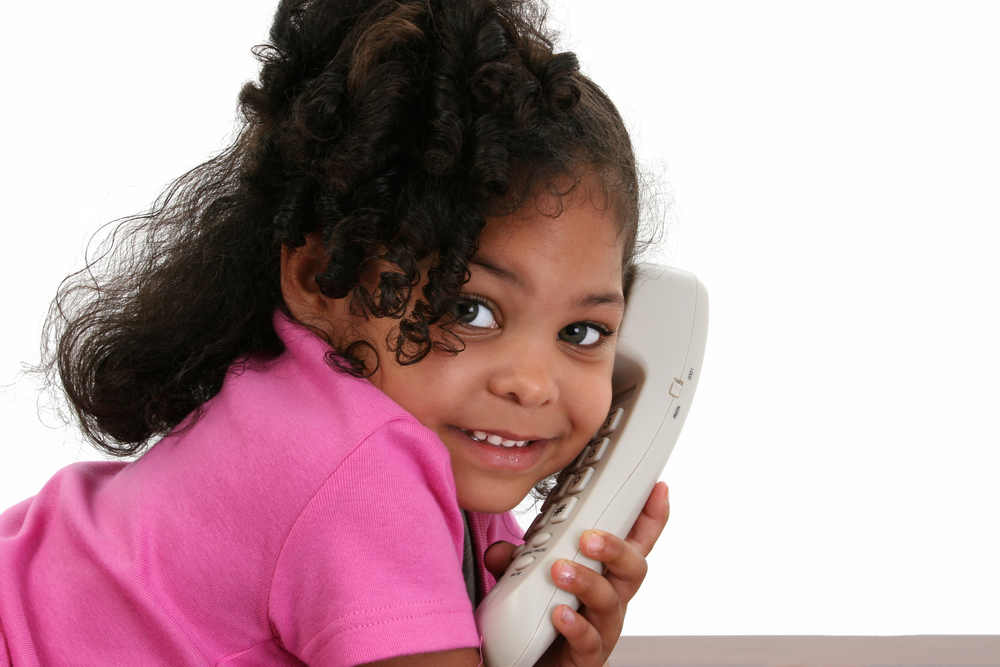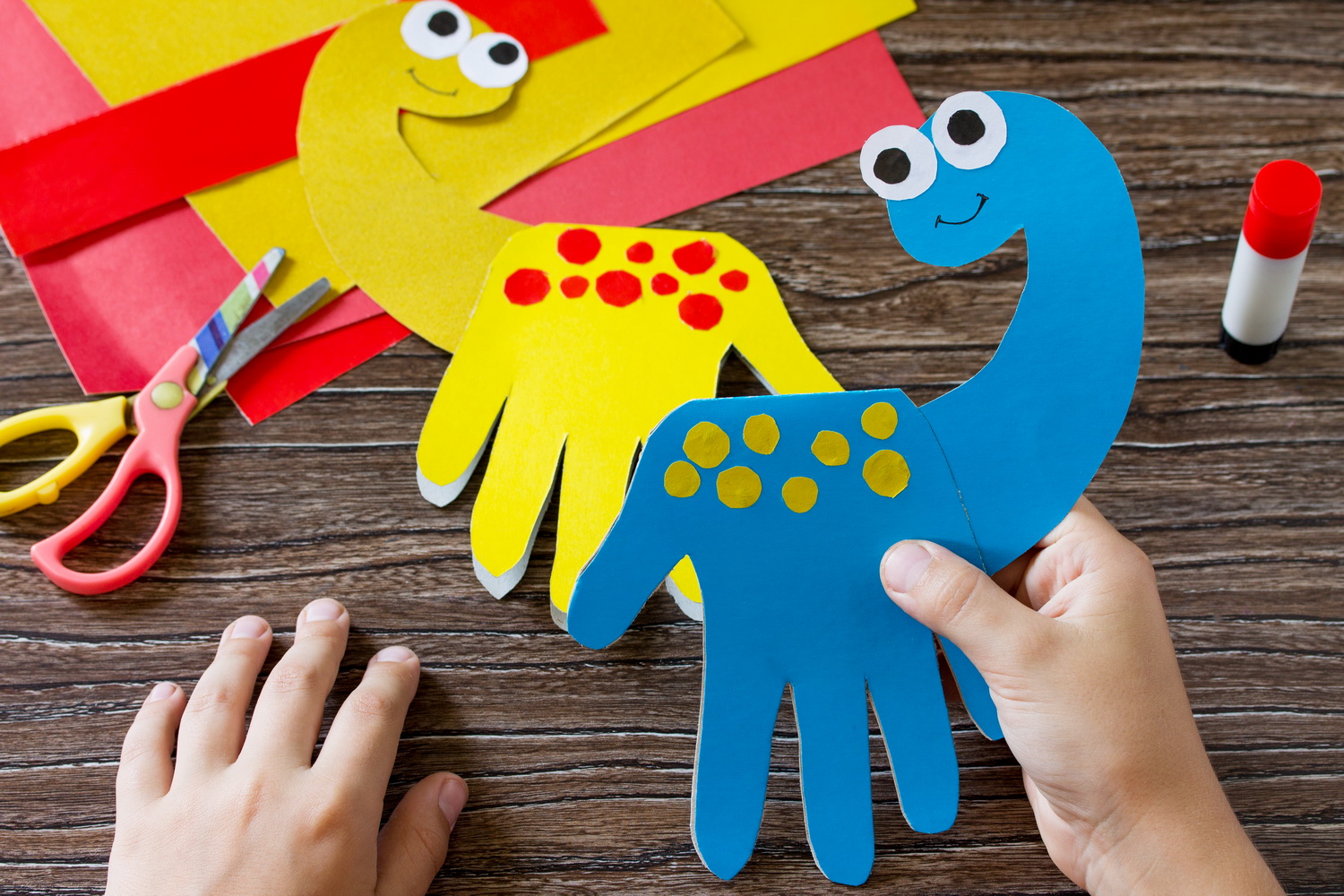Grow Your Child’s Mind: 5 Ways to Foster Critical Thinking
Aug. 7, 2017
When you hear the phrase, “critical thinking skills”, you might be thinking that kids just can’t do that. As many experts in childhood development will tell you, kids tend to think in concrete terms, and abstract thinking doesn’t come into play until at least adolescence. The most current ideology in education and early childhood development is that critical thinking should be explicitly taught from an early age. If this challenges your thoughts about what our kids can learn, it might be worthwhile to ask the question: what is critical thinking for kids?

Critical Thinking: What it Looks Like?
Often confused, abstract thinking isn’t the same thing as critical thinking. Abstraction is when an idea not present in any physical or concrete way. However, critical thinking has more to do with the process of analysis involved when someone evaluates or judges something. Abstract thinking is more about the idea involved, whereas critical thinking is about the process of solving a problem. Obviously, we teach our kids from an early age to look for ways to solve problems. This is critical thinking at its finest.
Specifically, when kids are thinking critically, they’re usually doing one of the following tasks:
- Analyzing information through classification, matching, or sorting
- Identifying and gathering important facts to solve a problem
- Testing their ideas by trying something to see if it works
- Using prior knowledge to solve a problem
- Considering different solutions to a problem
Most of the time, kids are working their critical thinking skills when working through educational games, or solving puzzles. Any good early learning program worth its salt will provide your child with tasks and problems to solve that allow your child to analyze information. Further, working through math problems, and engaging in simple fun science experiments will also flex your child’s ability to think critically.
5 Tips to Encourage Critical Thinking
Educational games, everyday science experiments, and problems are all worthwhile ways for your child to practice critical thinking. But your child needs to learn the skill from somewhere, or more realistically—from someone, like a parent or teacher. So what can you do to explicitly teach your child to develop critical thinking skills?
-
Teach them to ask questions
Kids are naturally curious creatures, and by encouraging that innate sense of curiosity, they will learn to always question rationale while solving any problem. Moreover, the questions they ask will lead them to evaluate their own thinking when they get older, allowing them to develop the metacognition to be successful learners through adulthood.
-
Keep your child open-minded
Avoid teaching your child to do something in one certain way, and one way only. Additionally, it’s worth teaching kids early on about biases. When kids understand how their feelings, needs, and desires influence their judgement, they learn how bias works—and how to avoid it.
-
There’s no such thing as too early
Young kids struggle with logical reasoning skills, but there’s no reason that young kids—even preschoolers—can’t learn to give reasons for their answers. Ask your kids to explain why they came to a conclusion, or what made them think their answer was correct. By evaluating their conclusions, and the conclusions of others, you will be teaching your child to think critically about solutions to problems.
-
Challenge them to consider alternatives
Many problems have multiple answers, and while kids and adults alike love to be right, sometimes it’s worth noting that there are many possible ways to be right. Kids that consider alternatives are more open-minded and adapt better to difficult situations and problems.
-
Consider things other than academic problems
Your child will learn to think critically to solve a science experiment, but he should also know to think critically about everyday situations that have nothing to do with school. Use critical thinking to grow your child into a productive citizen. As your child grows older and faces social issues, encourage him to think about age-appropriate moral and ethical concerns
As you can see, critical thinking is a process that we should teach our children right from the start. Following the above tips, your child will transform into a problem-solving individual, using critical thinking to analyze and evaluate their world!











